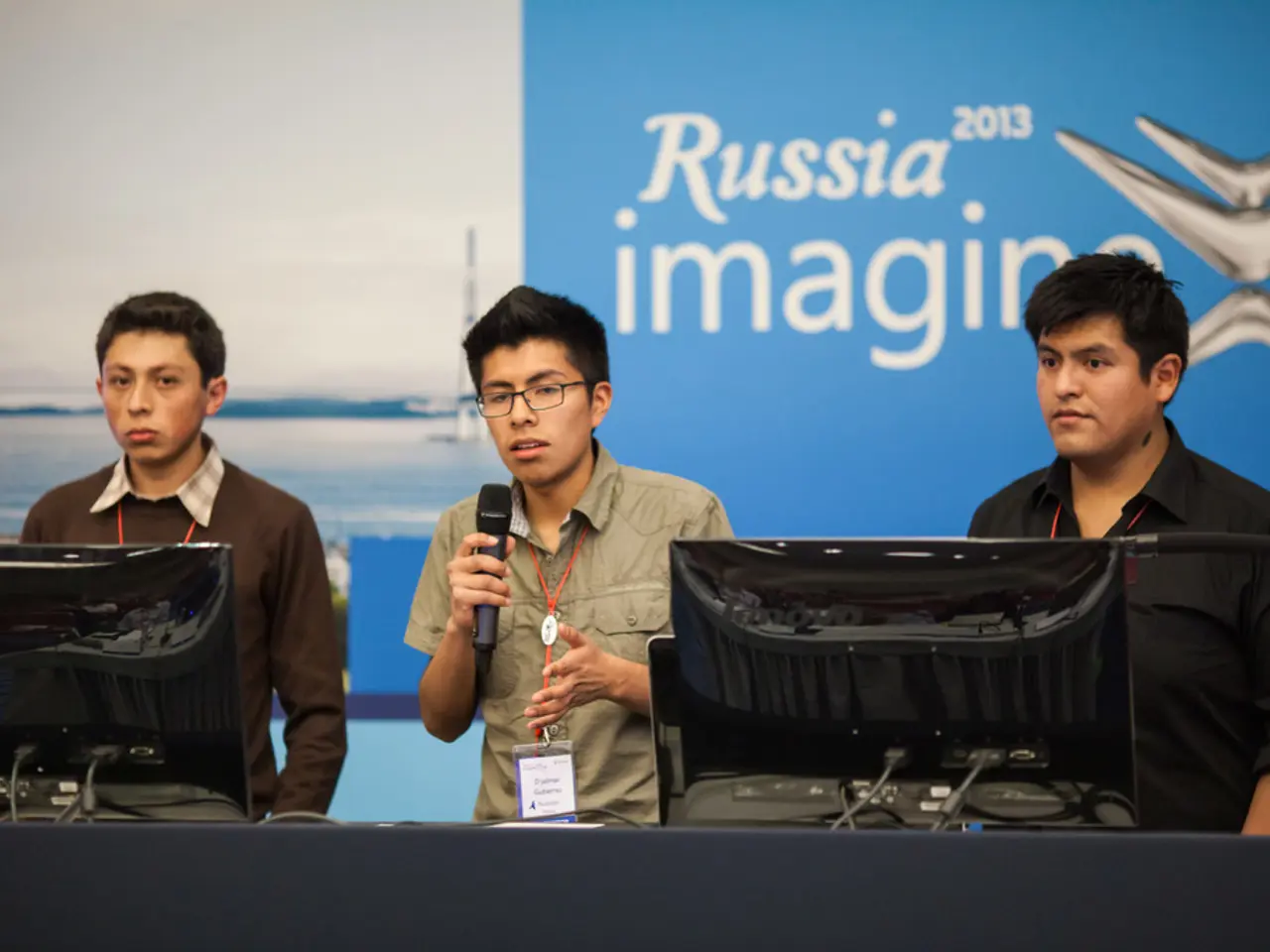International organizations enjoy greater credibility among Scandinavian nations compared to the rest of Europe, according to a recently released report.
The World Health Organization (WHO) is highly regarded in Sub-Saharan Africa, with 85% of respondents expressing trust in the organisation, according to a recent survey. This makes WHO the most trusted institution working on global health issues in the region, with the United Nations (UN) following closely behind with a trust level of 80%.
The survey, conducted by the Rockefeller Foundation, gathered responses from over 36,000 people across 34 countries to measure public opinion on international cooperation. The WHO is not the most trusted institution in any other region, but it is the most trusted globally, with a global trust level of 60%. The UN follows closely with a trust level of 58%.
In contrast to Sub-Saharan Africa, trust levels in international organisations are notably lower in other parts of the world. Scandinavian countries have the highest trust in international institutions, particularly the UN and WHO. For instance, in Sweden and Norway, 64% of people trust the UN, while 69% trust the WHO. However, trust levels in these institutions are notably lower in other parts of Europe, with only slightly above 50% in Central and Eastern Europe and Western Europe.
Confidence in the International Monetary Fund (IMF) is relatively weak across Europe, with 50% trust in Scandinavia, 41% in Eastern Europe, and 39% in Western Europe. The World Bank and IMF continue to have lower trust levels, with 44% and 46% of global respondents expressing confidence in these institutions, respectively.
Sub-Saharan Africa has the highest levels of trust in international organisations, with countries like Nigeria, South Africa, Kenya, and Ghana showing strong support. However, the African Union scores the lowest with only 41% of respondents' confidence.
In other regions, trust levels vary. Turkey, Saudi Arabia, and Egypt have the lowest trust levels, with only the European Court of Human Rights managing to exceed the 50% trust threshold.
Global cooperation is considered important by 93% of respondents for addressing food and water security, 91% for global health, and 86% for climate issues. This survey underscores the importance of international cooperation and the need for these institutions to maintain and build trust with the global community.
Read also:
- Overweight women undergoing IVF have a 47% higher chance of conceiving naturally post-weight loss
- Bonsai Trees from Evergreen Species: Exploring Growth Characteristics & Distinct Qualities
- What temperatures may make walking your canine companion uncomfortable?
- Title: Information About Beovu: Potency, Form, Usage, and Additional Details






